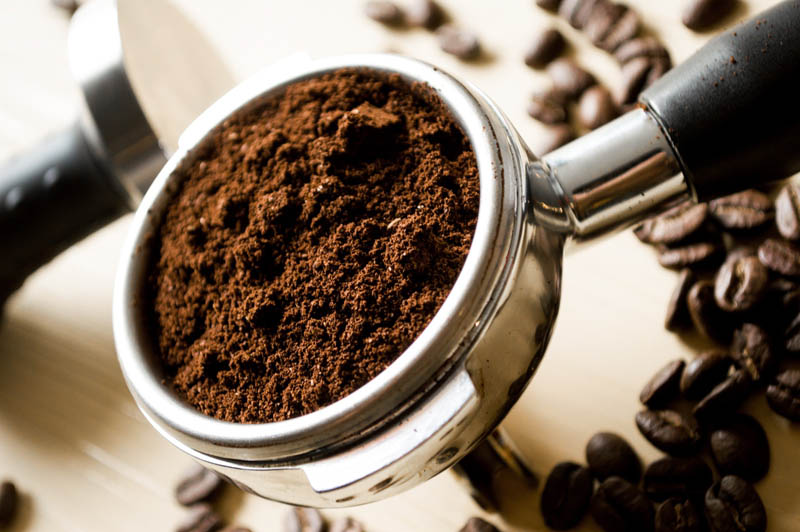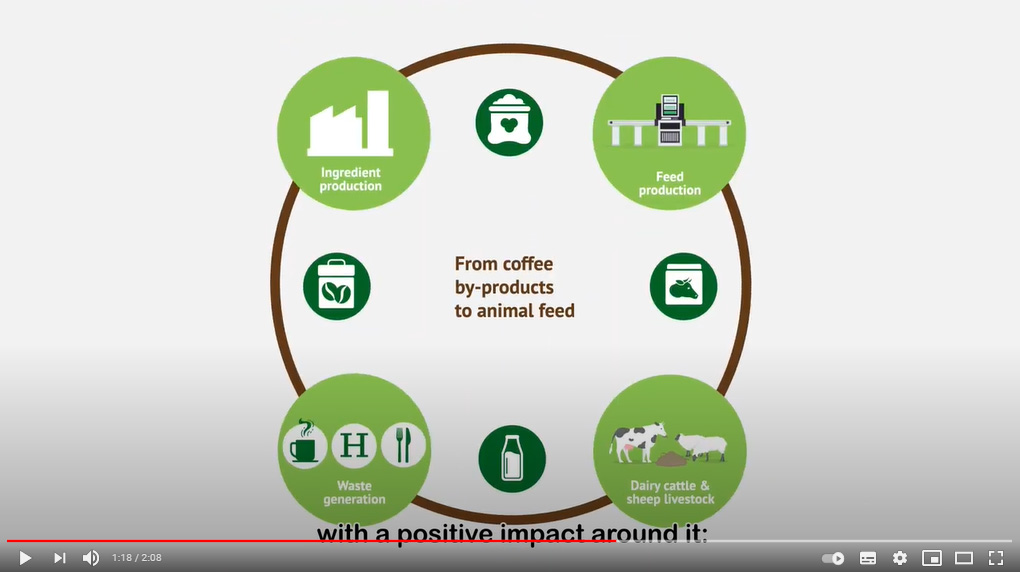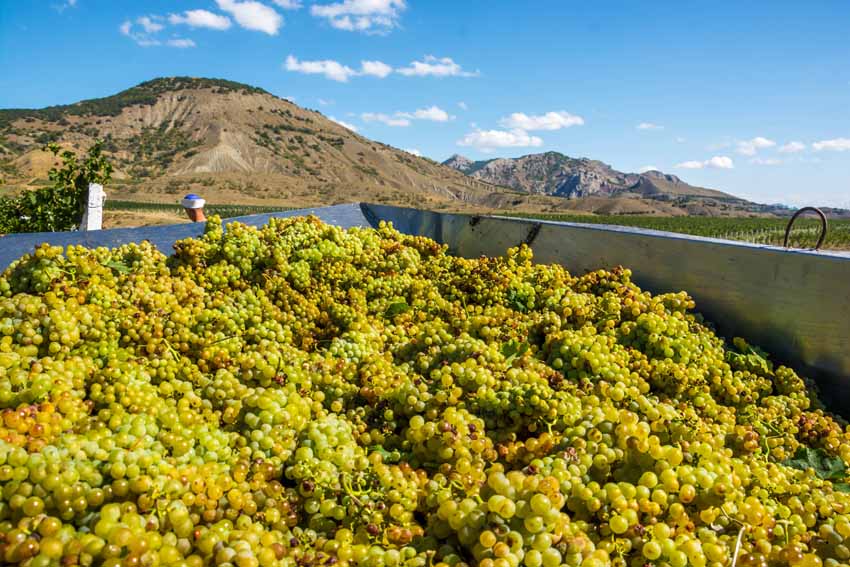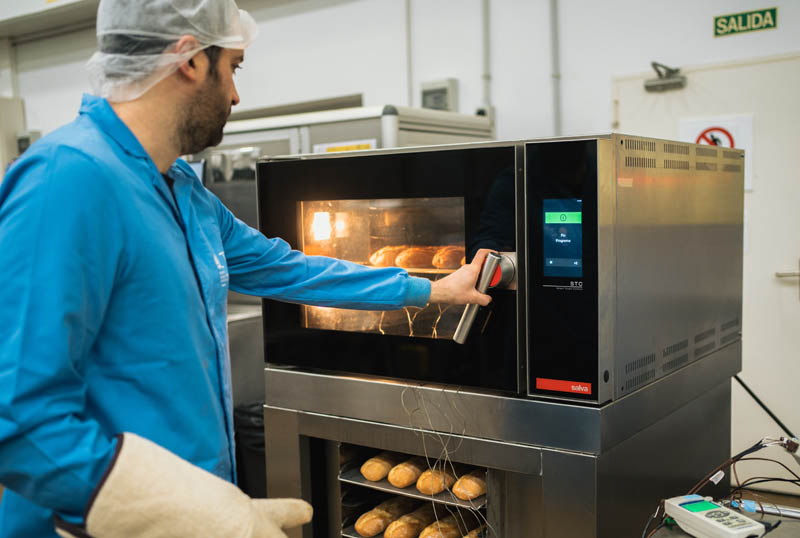Can coffee grounds be turned into cattle feed? The circular economy has the answer
Últimas noticias
Una mirada LGTBIQ+ al reino animal
Circular Economy in Action: Valorisation of By-products through Projects like PRIMA NEWFEED
Strategic Perspectives: Highlights from the Food4Future World Summit for Business Leaders
- The AZTI technology centre coordinates the Life-ECOFFEED project with the aim of developing, demonstrating and implementing a full-scale innovative and sustainable solution for the recovery of coffee grounds as an alternative ingredient in the diet of dairy cattle
- The initiative contributes to minimising the environmental impact of waste from the HORECA sector, to a more efficient use of resources and to reducing the greenhouse gases responsible for climate change
- Preliminary tests carried out by the research team have enabled coffee to be recovered as a nutritious and safe ingredient for cattle and sheep.
Derio, 21 January 2021 – Every year 2.67 million tonnes of coffee are consumed in the European Union, generating large quantities of waste, such as coffee grounds and capsules. On the other hand, the livestock sector, which currently depends heavily on the soya flour or cereal market, needs new, more sustainable ingredients in its diet to ensure sustainability in the future.
It is in this context that the Life-ECOFFEED circular economy project was born, which seeks to recover the coffee grounds produced in the HORECA sector (hotels, restaurants and cafés) as an alternative ingredient in the diets of dairy cattle and sheep.
The aim of this circular economy initiative is to develop, demonstrate and implement a full-scale innovative and sustainable solution for the recovery of coffee grounds through its reuse as an ingredient in animal feed.
“We aim to enhance the value of coffee grounds generated in the hospitality industry through their suitability for animal feed. However, at present it is not possible to do the same with the by-products generated in the home, as they do not meet the necessary hygiene requirements and are managed as municipal solid waste”, explains David San Martin, expert in efficient and sustainable food chain at AZTI and responsible for the project.
This initiative will contribute, on the one hand, to minimising the environmental impact of organic waste on the environment, in this case coffee grounds, and, on the other hand, to the more efficient use of resources, by offering a new, more sustainable raw material to the livestock sector. All this will also make it possible to reduce the greenhouse gases responsible for climate change. “Each kilogram of coffee is equivalent to 2 kg of wet SCG (spent coffee grounds). Moreover, most of this consumed coffee is incinerated or disposed of in landfills, which has a significant environmental impact,” adds San Martin.

Main challenges
The main challenges of the project, which started in September, are to define an efficient and safe logistic system, in terms of hygiene, to collect coffee grounds in the HORECA sector and to adapt them as a safe and healthy ingredient for the production of feed for dairy cows and sheep.
“In preliminary nutritional efficiency tests with experimental diets that include coffee grounds (up to 10% inclusion), no significant differences have been found in the feed rate or behaviour of the animals, nor in the amount or content of fat content of the milk produced”, concludes the AZTI researcher.
The Life-ECOFFEED initiative, 55% financed by the European LIFE Environment and Resource Efficiency programme, is scheduled to end in March 2023 and is led by AZTI, as coordinator and expert in the recovery of food by-products. The consortium also includes the specialised agricultural and forestry research centre NEIKER; the technology supplier RIERA NADEU; the by-product management company ECOGRAS; the supplier of Lavazza Coffee in the Basque Country EUSKOVAZZA; the dairy cattle farm BEHIALDE; and the association representing the agricultural and livestock sector in Alava, UAGA.








